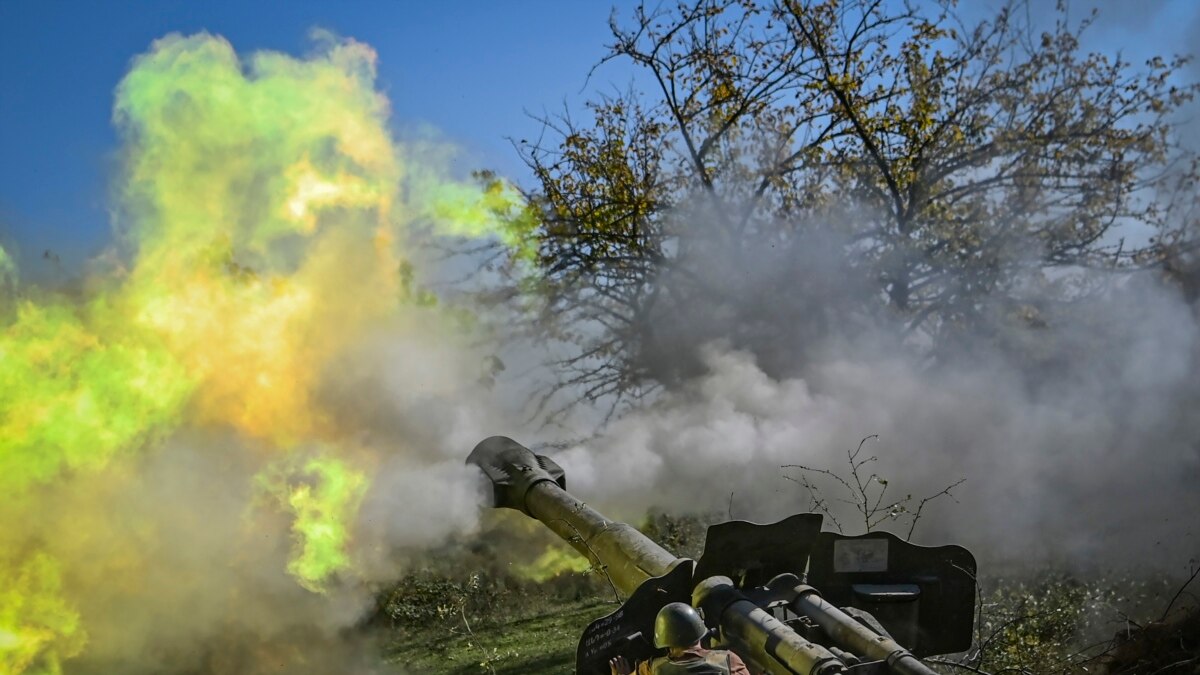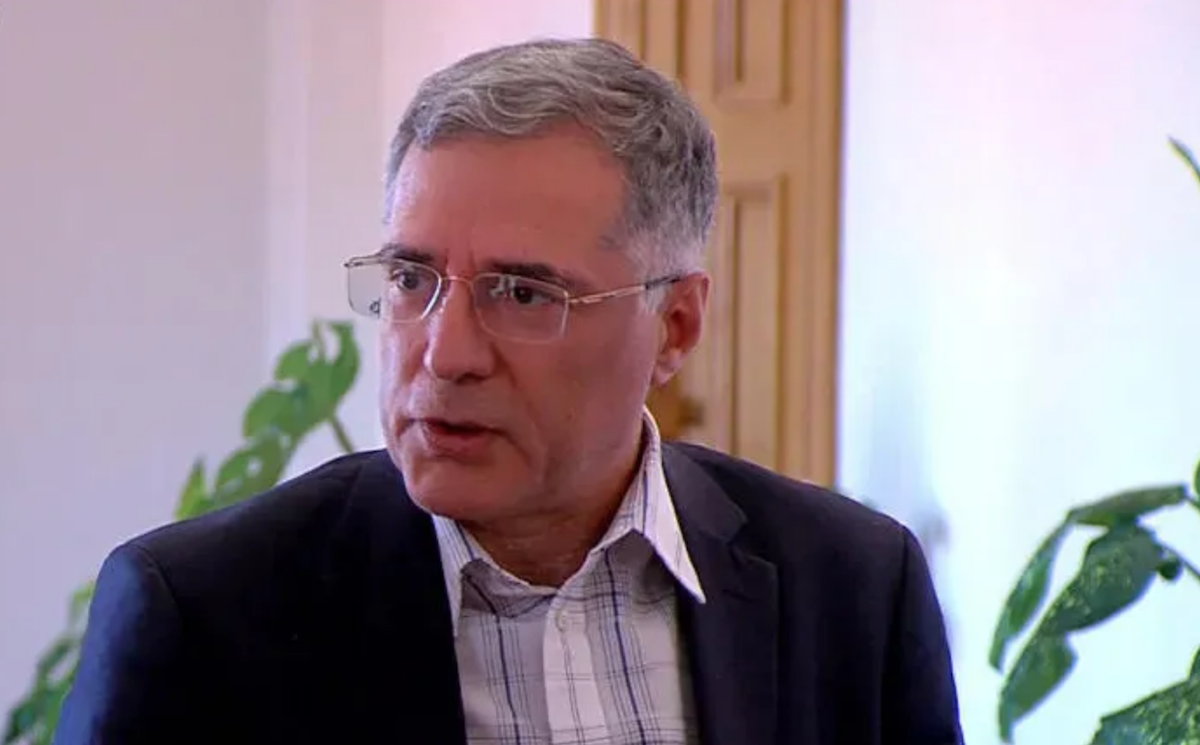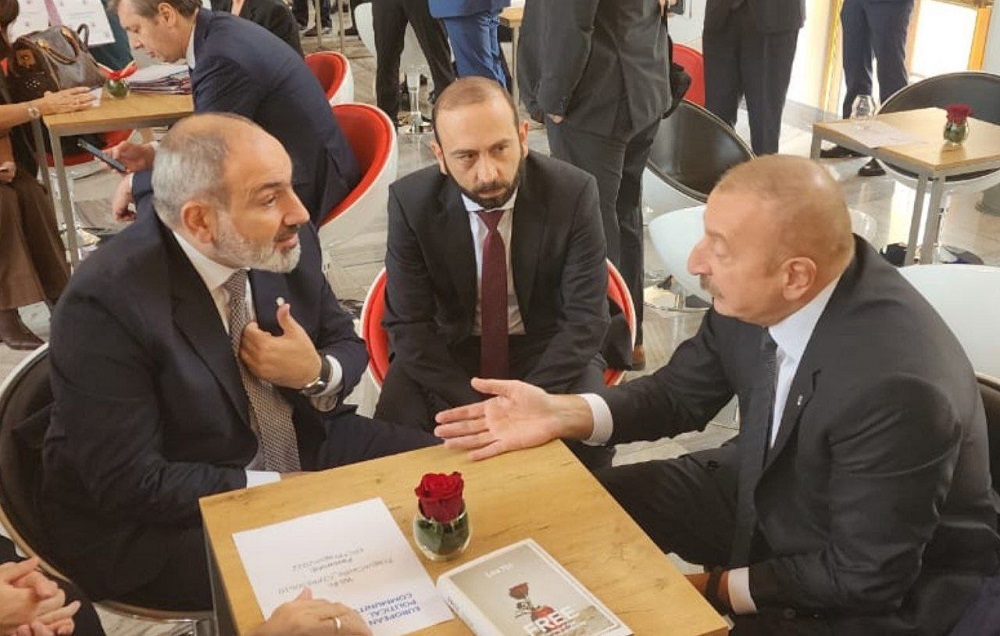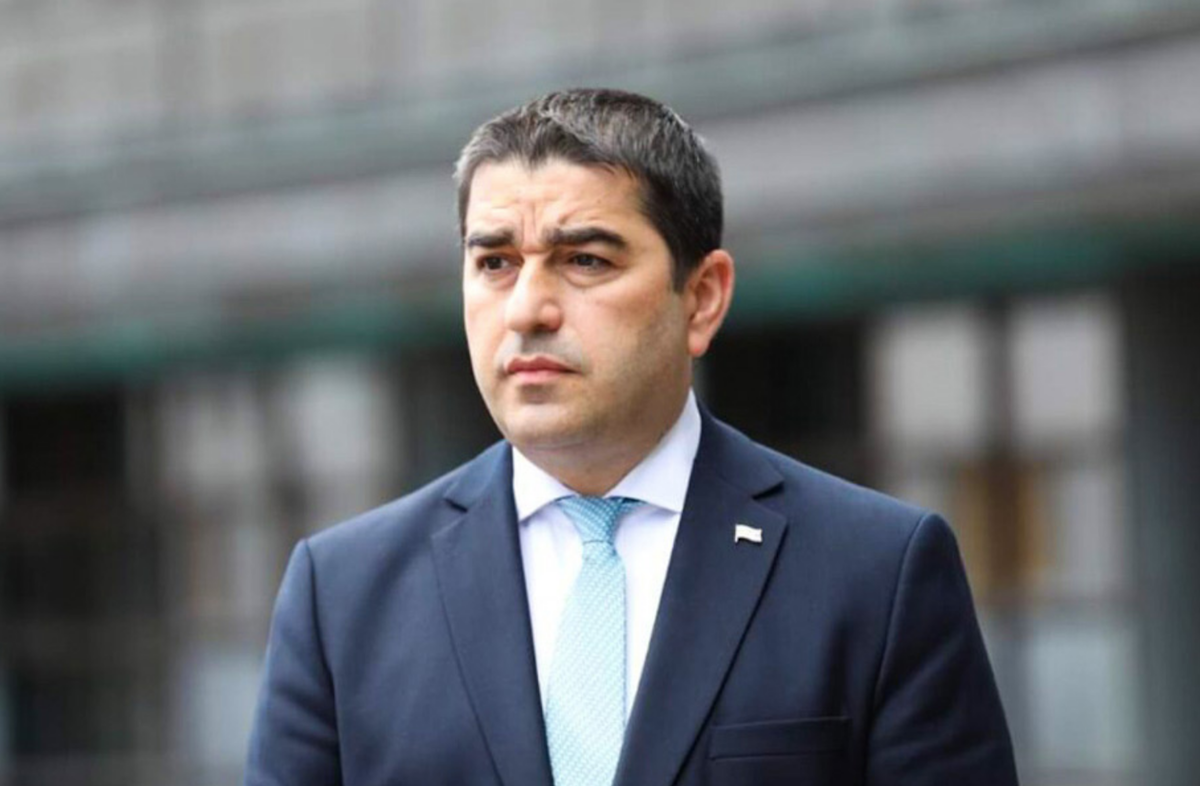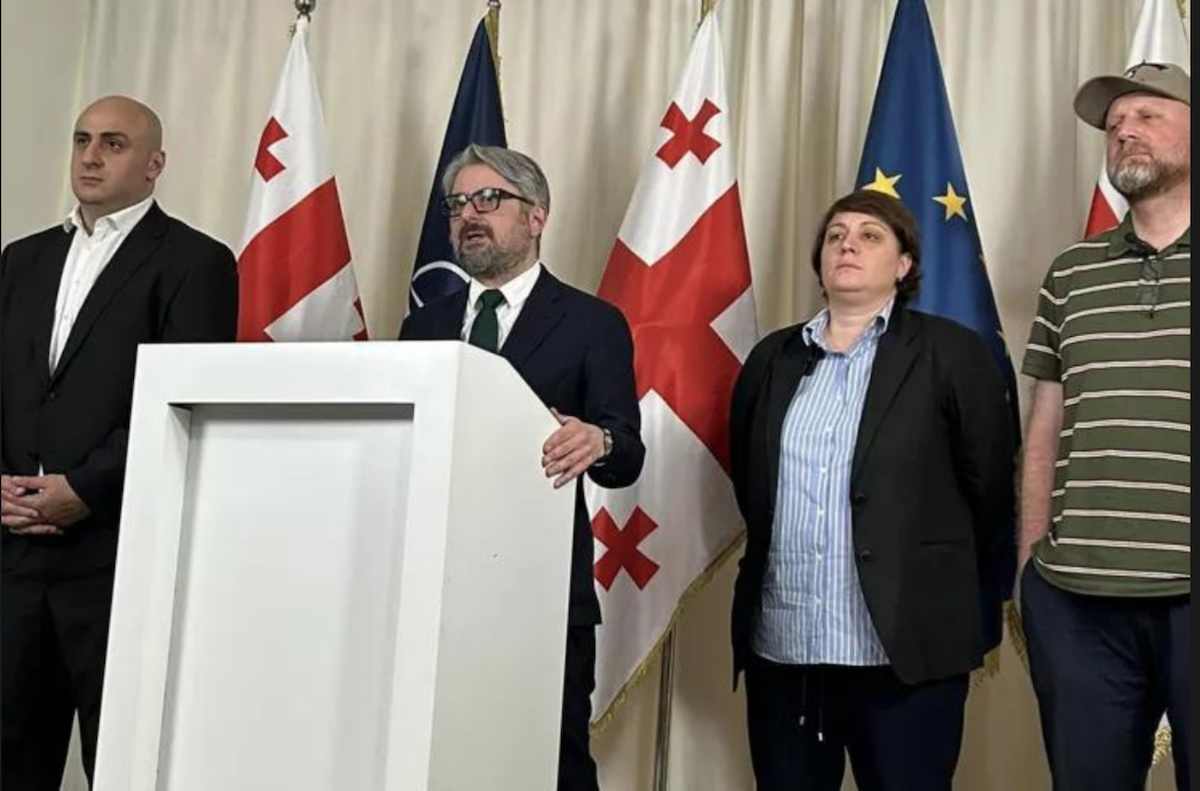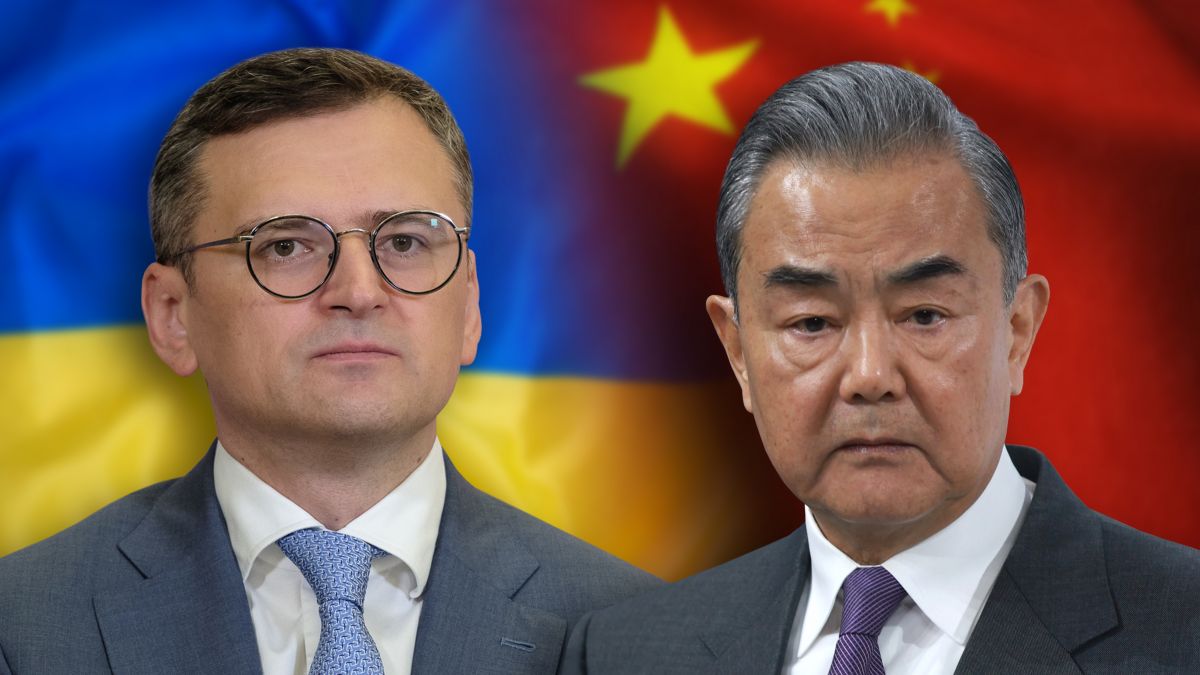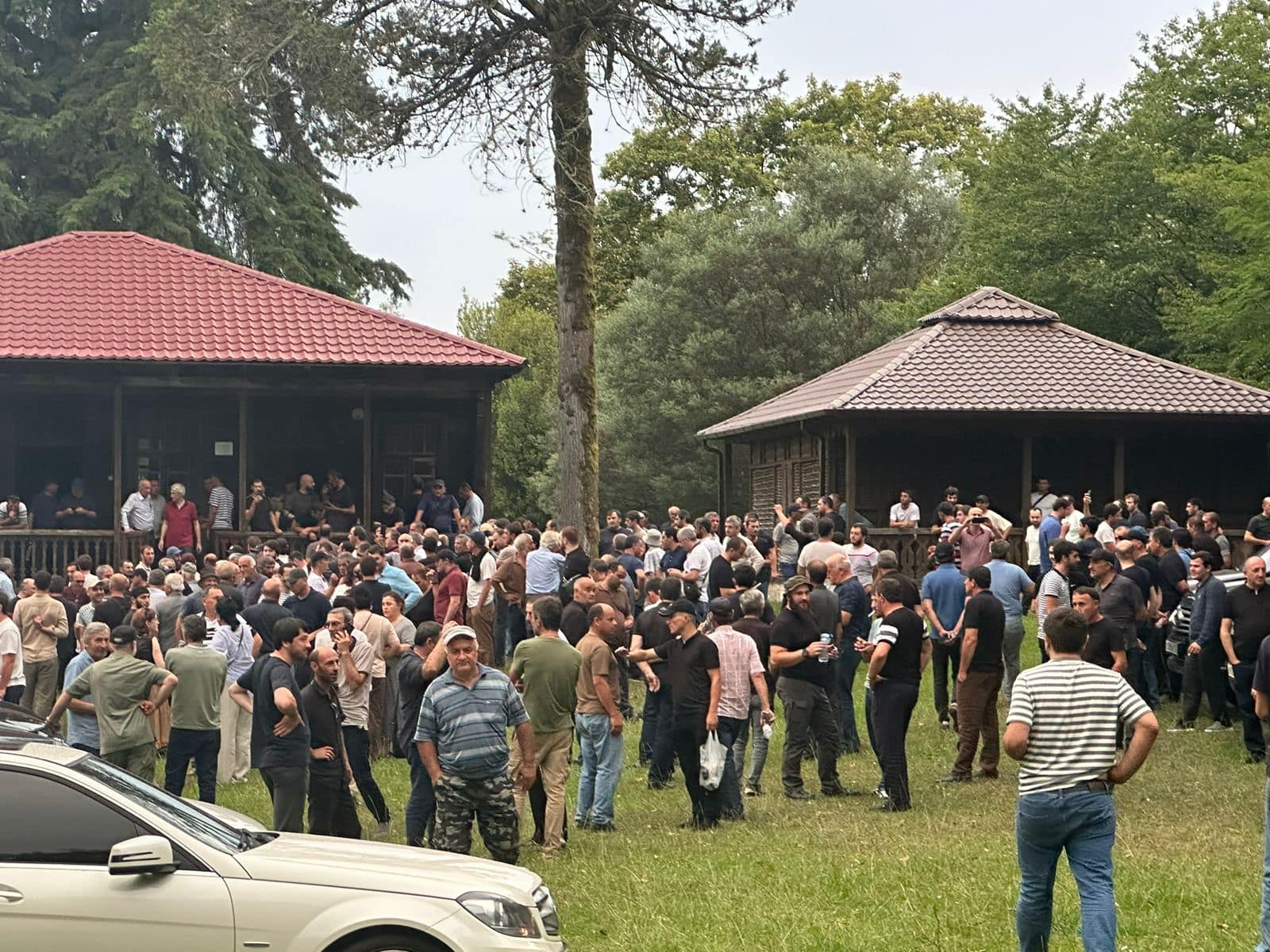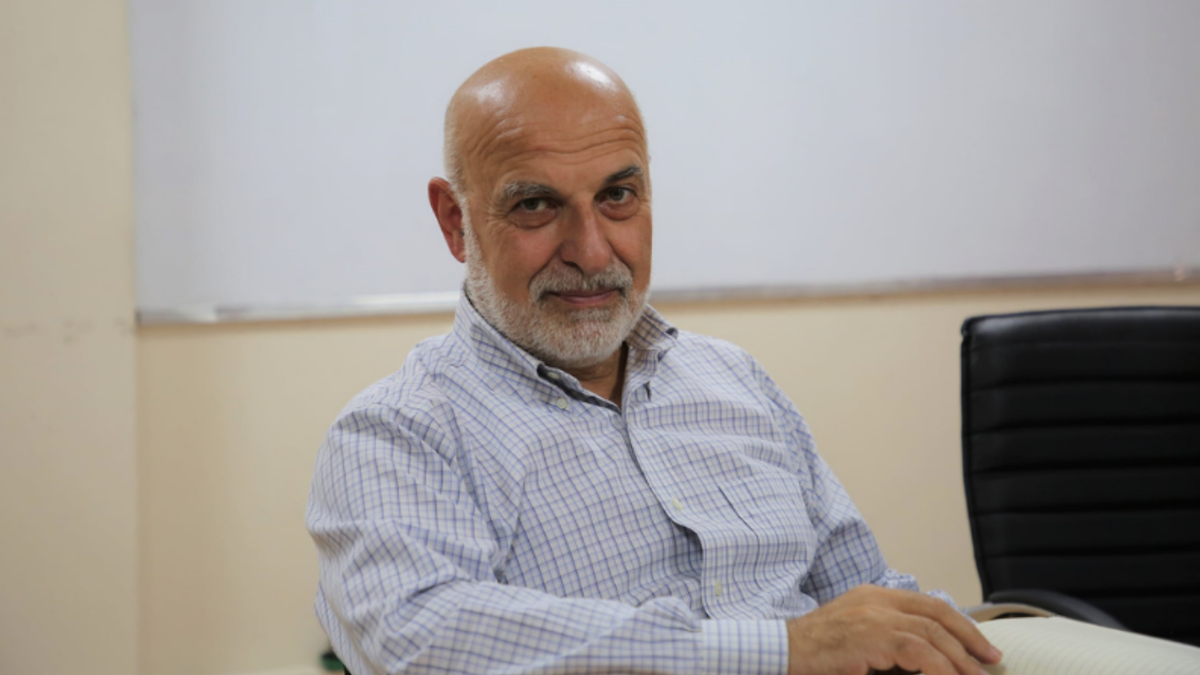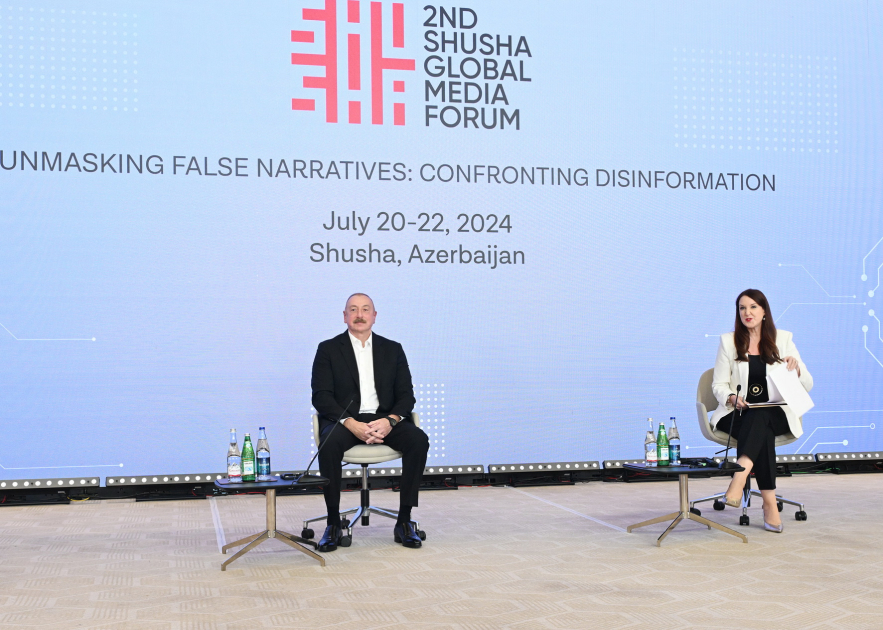"The elections were not flawless" – international observers on the parliamentary elections in Georgia
The parliamentary elections held in Georgia have been assessed by observers from international missions: representatives of the OSCE Parliamentary Assembly (OSCE / PA), the Parliamentary Assembly of the Council of Europe (PACE), the NATO Parliamentary Assembly and representatives of the OSCE / Office for Democratic Institutions and Human Rights (OSCE / ODIHR).
At a special briefing, they presented their preliminary notes on the parliamentary elections in Georgia.
•9 parties to enter new Georgian parliament, opposition claims falsification of vote
•Play by play of Georgian parliamentary elections – photo, video
Below are listed some of the common themes mentioned in their findings:
• Freedom of speech was protected in this election, although it was not flawless
• There was pressure on voters
• The government was predominantly represented on election commissions
• People sent by the authorities (activists, coordinators) stood near polling stations and created a frightening atmosphere for voters
• The border between the state and the party was erased
• There were irregularities and ambiguities in the financing of the election campaign
• The media was polarized
More details:
“The parliamentary elections generally protected fundamental freedoms, but the October 31 elections were clearly not flawless,” said Jillian Stirk, head of the OSCE / ODIHR Election Observation Mission in Georgia.
Parliamentary elections were held in Georgia on October 31.
Almost all ballots have already been counted:
1. The ruling Georgian Dream party – 48.05%.
2. United National Movement – United Opposition – 27.07%.
3. European Georgia – 3.79%
4. Alliance of Patriots – 3.18%
5. Lelo – 3.17%
6. Strategy Agmashenebeli – 3.15%
7. Girchi – 2.92%
8. Citizens – Aleko Elisashvili – 1.34%.
“In addition, there was no clear division between the state and the party, and it is very unfortunate that these factors were present, although it should be noted that freedom of speech in general was protected,” she said.
According to Osman Ashkin Bak, head of the NATO Parliamentary Delegation (NATO PA), the violations identified created a turbulent atmosphere and affected public confidence:
“I urge the Georgian government and the future parliament to take into account and discuss the issues presented in the report. I also call on all political parties to act responsibly in the coming days,” he said.
The President of the Parliamentary Assembly of the Council of Europe (PACE), notes that campaign finance rules in Georgia are vague:
“This, of course, has a negative impact on the fairness of the elections and is not a good signal for citizens. Therefore, we call on politicians and the new parliament to get together as soon as possible and take measures to improve the legislative framework.”
According to the ODIHR, the media environment in the country is diverse and pluralistic, but sharply polarized.
“Five private broadcasters were biased for party reasons. In terms of coverage of the campaign, there was no discussion of politics or analytical coverage, so people did not have the opportunity to make an informed choice,” said Gillian Stirk.










